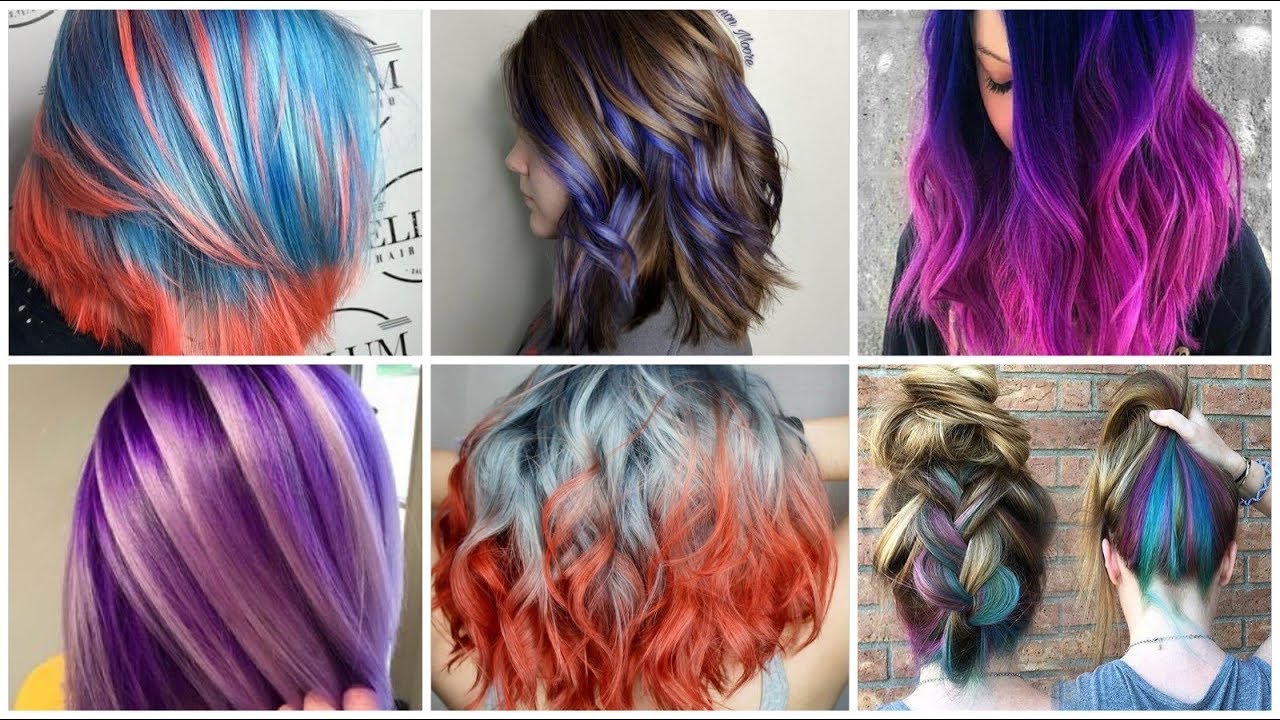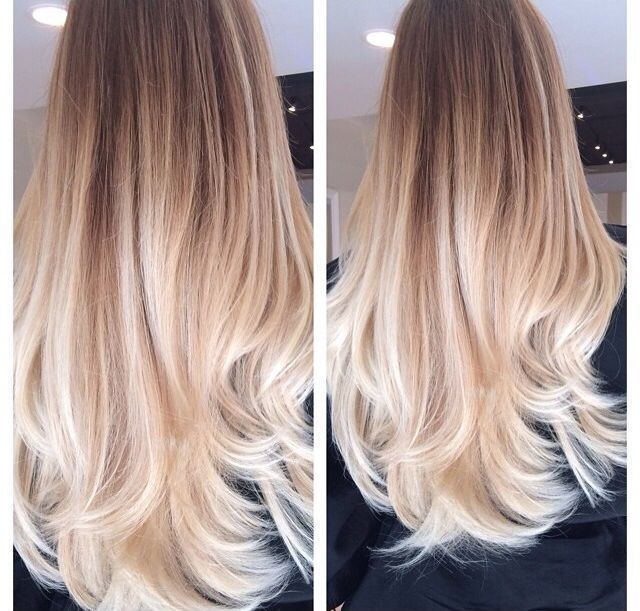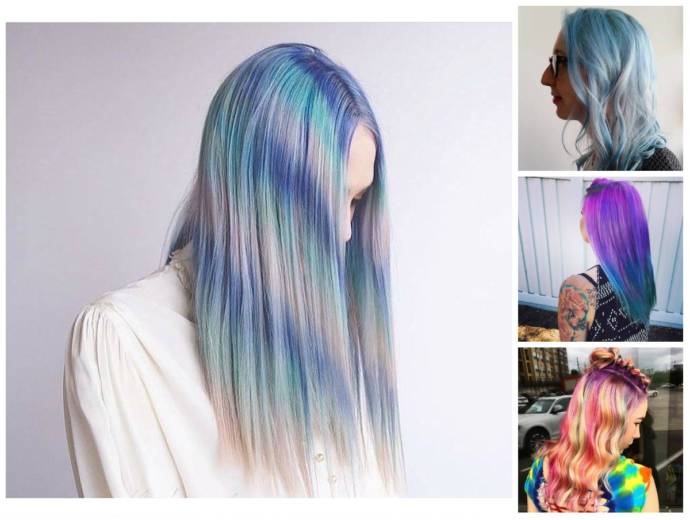Are you bored of your hair color? Do you want to revamp your look? If yes, then the easiest way to change your look would be to opt for hair coloring. New hair color can add a new dimension to your personality, making you look more confident and impressive. However, with the need to be in sync with the competition around, people are left with little or no time to flock to the salon.
Nonetheless, when time or money doesn’t allow you the pampering of salon color, you’ll find that at-home hair coloring preparations are both affordable and easy to use. Here are some handy tips that will make your hair look healthier and glow with the desired color and give you salon-like results, along with quick and easy solutions to common problems related to coloring your hair. When time or money doesn’t allow you the pampering of salon color, you’ll find that at-home hair coloring preparations are both affordable and easy to use.
Be prepared
- Start healthy: Deep condition your hair. Then wait a couple of days after shampooing to give the natural oils in your scalp time to resurface. They’ll help protect your skin from chemical reactions, help your hair color to set better, and give you more uniform results overall.
- Put your toolkit together. Wear an old t-shirt and gather up some older towels and washcloths that you won’t miss if they get stained. Include some hair clips for sectioning your hair, have a timer handy, and find a hand mirror so that you can see the back of your head.
- While you wait, take some time to get to know the density of your hair. Practice sectioning before you have to handle your hair in one hand and an applicator bottle in the other!
Give a natural boost to hair color – go organic!
Hair Color Espresso – Perk up black or brown hair with a strong cup of dark grind coffee or espresso. Brew, cool, and add it to your dry hair. Shampoo after 30 minutes.
Nuts about Hair Color – Add sparkle to dark hair with walnuts. Boil one cup of chopped walnuts with one cup of water. Cool, strain, and pour it on! Shampoo after 30 minutes.
Hair Color to a Tea – To add highlights to dark hair, brew a cup of strong dark tea and use it as a final rinse after shampooing.
Spray or comb a cup of strong chamomile tea into blond or light brown hair. Leave on for twenty minutes, shampoo, and rinse.
Put Some Punch in Your Hair Color with Fruit Juices – Of course, you probably know that lemon juice lightens, but did you know that using ½ cup of cranberry juice as a final rinse will give a lift to red hair and add subtle red highlights to dark hair?
Special Hair Coloring Tips for Long Hair, Gray Hair, Natural Curls, and Waves
Long hair Four hands are better than two when coloring long hair. Get a friend to help you with at-home hair color.
The ends of long hair are more porous than the rest of the hair shaft. In addition, because your body’s natural heat works to speed up the process of hair coloring, start the color application in the mid-lengths of long hair and work the color up to the roots and down to the ends.
If your hair is thick as well as long, because of process time, it may be best to color it in sections.
Natural curls and waves: Experts generally advise against using permanent hair color on naturally curly or wavy hair. Any type of chemical treatment can impact natural curly or wavy hair. If your hair is already dry because of straightening or relaxing, the addition of more chemicals can result in worse damage. In addition, semi-permanent colors give you richer color that won’t fade like permanent color does.
Gray Hair: Hair turns gray or white when the hair shafts lose pigment. These shafts tend to be coarser and less porous, making it more difficult to set hair color. Before coloring, soften gray hair with a special softening shampoo or developer. Choose a color at least one shade darker than your expected result. Keep the hair color on your hair for at least 35 minutes.
Healthy Hair – Hair Coloring Tips
Shampoo that’s made for color-treated hair keeps your hair color soft and natural-looking. Regular shampoos can strip color and natural moisture from your hair.
Install a water filter for your shower or bath. Besides frequently being treated with chemicals, tap water coming through old plumbing contains undesirable elements like rust that leave your new hair color flat and dull looking.
Deep condition regularly – at least every two weeks – to restore moisture and shine to color-treated hair. As roots grow out, a color-enhancing conditioner will help your natural hair color blend with your color-treated hair.
After shampooing, always blot your hair dry. Don’t rub hair dry or wrap it in a tight turban. When using a blow dryer, dry your head– not your hair. Over-drying hair strips it of moisture and also results in static.
Never use a brush on wet hair. Work through tangles with a wide-tooth comb, starting with the ends and moving to your scalp.
For those of you, who are coloring for the first time, start at the crown or at the nape of the neck. This is because it is here that the natural hair color is darkest.
For the ends, apply a hair color that is one level darker, without adding the developer. The color at the ends of the hair tends to fade faster than the rest because the ends are porous and do not hold color.
Once you have applied the color, use a timer to keep track of the time. Often while reading a magazine, we completely forget to keep a track of the time. So, time would be beneficial in this case.
After the specified time is over, rinse your hair thoroughly. Rinse, until the water runs clear.
Conditioners that you leave in your hair often contain sunscreen and help protect your hair color from fading.
Wetting your hair with bottled spring water helps to shield it from harsh swimming pool chemicals.
Shampoo your hair properly and then condition them. Thereafter, wait for two days, to give the natural oils in your scalp time to resurface. This is an essential step to protect the scalp from chemical reactions and also would help your hair color to set better, giving you uniform results overall.
On the day of hair color, you need to first arrange the toolkit for the hair coloring purpose. Put on an old t-shirt and collect some older towels and washcloths. Get some hair clips for sectioning your hair, a handy timer, and a hand mirror, which will enable you to view the back of your head.
Section your hair so that you can handle your hair better, during the coloring process.
Before starting, make sure you read the instructions at least two times. Each of the coloring brands follows a definite style or process, so if you don’t want to do a blunder, ensure that you read the instruction. Also, do not forget the strand test.
Put on the gloves and start the coloring process. If you are touching up the roots, be sure that this is the area that you target. You shouldn’t be applying the color to the entire head as in the first application.
Make sure to condition your hair properly. After the coloring process, hair becomes very vulnerable to damage.
Precautions
- Always color your hair, when they are fully dry because the color of damp and wet hair may get diluted later.
- If your current hair color is darker than the next shade chosen, use a color remover to completely lose the old tint. However, they are effective on only artificial colors and not natural hair colors.
- For gray hair, use a shade darker than the shade of color used on the rest of the hair.
- After coloring your hair, do not perm or straighten for several weeks.
- If you go out in the sun or swim regularly, your hair color may wear off quickly. To avoid this, condition your hair regularly to negate the effects of summer heat and water.
- If light-reddish blonde tones fade to orange color, you can use a little red-gold accent to give fashionable highlights.




